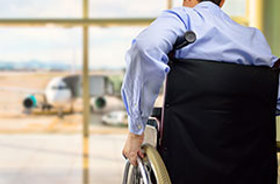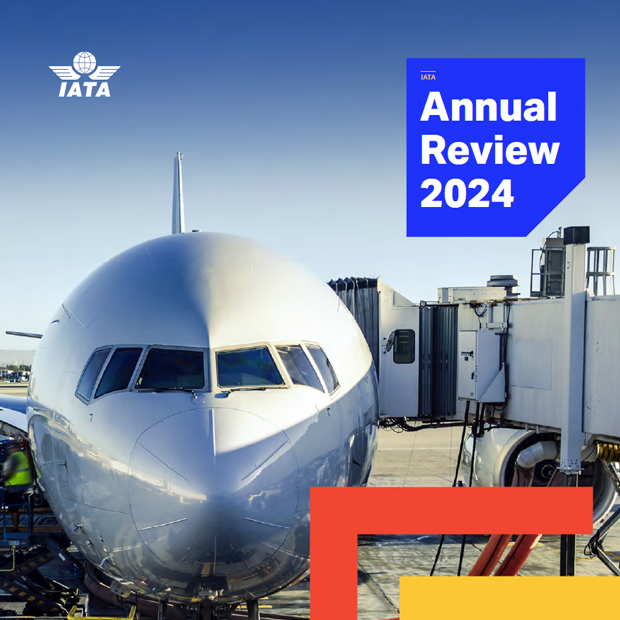
Translation:
Geneva – The International Air Transport Association (IATA) announced the launch of a global Mobility Aids Action Group to examine and improve the transport journey of mobility aids, including wheelchairs, with the objective of improving the handling of this vital equipment for travelers with disabilities.
The Action Group will be the first of its kind aimed at tackling issues around the safe and secure transport of mobility aids—an issue of huge importance to a growing number of travelers. It will also provide advice and recommendations to airlines and other stakeholders concerning the establishment of policy, process and standards related to the handling and transport of mobility aids.
“Every year, thousands of wheelchairs are transported safely by air. However, damage or loss is still occurring. And when it does, it is devastating to the passenger as these devices are more than equipment—they are extensions of their body and essential to their independence. We acknowledge that we are not where we want to be on this as an industry. This is why we want to do something about it on a global level, not through setting up a talking shop, but by bringing the key groups together to take practical action,” said Willie Walsh, Director General of IATA.
Uniquely, the Mobility Aids Action Group will involve the full range of stakeholders impacted by this issue, including accessibility organizations (representing travelers with disabilities), airlines, ground service providers, airports and mobility aids manufacturers. It will be the first time a mobility aids manufacturer will be invited to participate in an IATA task force.
“This is the beginning of a new day where the accessibility community has a seat at the table. The challenge of transporting assistive devices faces airlines across the globe and having IATA create this action group shows how committed the industry is to solve one of the largest accessibility topics,” said Eric Lipp, Founder and Executive Director of the Open Doors Organization (ODO).
“As airlines are just one link in the chain in the handling of mobility aids, it is essential we bring all players together to develop solutions. What’s more, we are excited to invite a mobility aids manufacturer to the table. We think this is critical so all stakeholders can work together to take steps to improve the transport journey of mobility aids,” said Walsh.
As airlines rebuild, the industry is eager to build a more inclusive restart. Despite the COVID-19 crisis, IATA and its member airlines have worked with the accessibility community to move the priority of accessible air travel forward through a number of efforts. These include developing new practical guidance to shape airline policy given new health and safety measures, and guidance for face mask policies for travelers with accessibility needs. IATA also went ahead with its annual Accessibility Symposium in 2020, which welcomed some 400 online attendees from both the accessibility and wider aviation communities to increase dialogue and discuss key air travel accessibility topics.
“According to World Health Organization, there are more than a billion people living with disabilities. And with aging populations in countries around the world, travelers with disabilities will be a growing customer segment for airlines. With this action group as part of the industry’s other accessibility initiatives, we want to continue on this journey to make the freedom to fly more inclusive—while continuing to work with the accessibility community every step of the way,” said Walsh.
Interview with Linda Ristagno, IATA's Assistant Director, External Affairs, on Air Transport Accessibility
For more information, please contact:
Corporate Communications
Tel: +41 22 770 2967
Email: corpcomms@iata.org
Notes for Editors:
- IATA (International Air Transport Association) represents some 290 airlines comprising 82% of global air traffic.
- You can follow us at twitter.com/iata for announcements, policy positions, and other useful industry information

